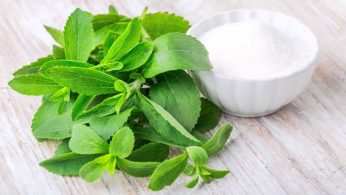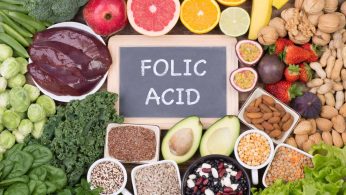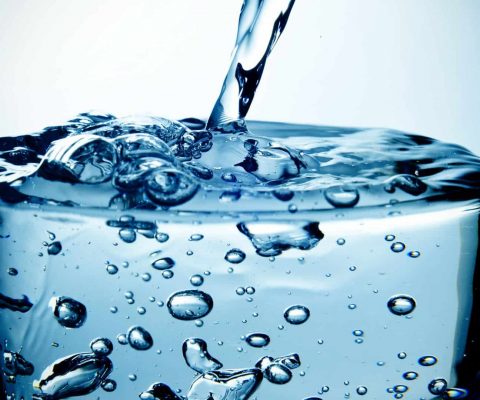Holistic Health & How to Achieve It
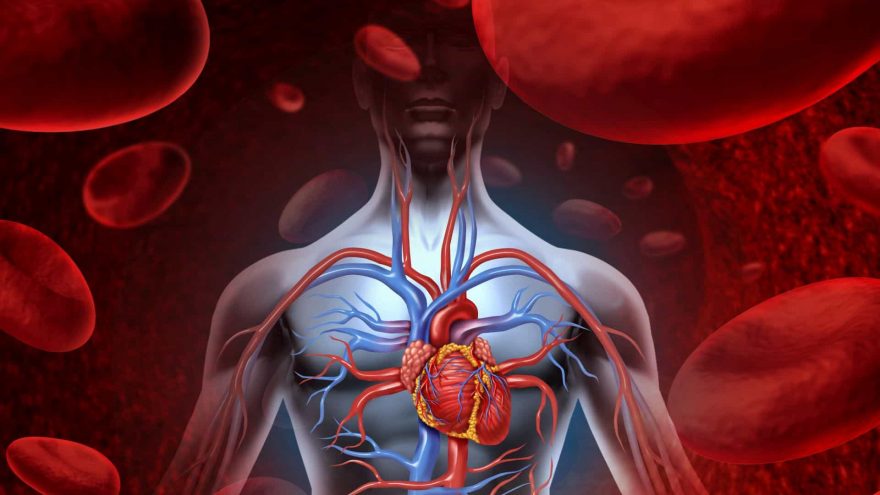 Holistic Health & How to Achieve It
thefitbay.com
Holistic Health & How to Achieve It
thefitbay.com
Holistic Health is an approach to health and disease treatment which arises by taking an overall look at the health of a person on all levels. A potential disease is therefore assessed in connection with the function and state of the entire organism, not just its parts.
Holistic views on health are connected with holistic healing methods. In practice, this treatment relies on different principles of how the human organism functions and how it regenerates, where the common basis here is the focus on removing causes of dysfunction of the human body. Holistic healing does not focus only on the consequences of incorrect organism functioning (diseases), but it tries to explore and remove the causes for these diseases.
A lot of people is not familiar with the power of the holistic approach and the principles described in this article. Even though these principles can be found on the internet or in libraries, they are getting almost no attention. This is a shame because holistic approach and its principles can be very helpful. That is why we have decided to write about the different holistic principles and to put them together under the name Holistic Health. This point of view and the stated information underlie immense potential on how to influence human health and they are definitely worth being studied.
Holistic Definition
First of all, let’s take a look at an online dictionary and find out the definition of the word “Holistic”. We will find the following:
“relating to or concerned with wholes or with complete systems rather than with the analysis of, treatment of, or dissection into parts“. (1)
This definition tells us that a holistic view is a general view and not a view that would focus on single, separate parts. The advantage of this approach is that it gives us the possibility to perceive all conditions that create a certain state, not just the state itself. A holistic approach has the opposite principle. First, it focuses on the causes that lead to the organism functioning badly, assuming that by removing the causes, the dysfunction will go away together with its symptoms (disease).
Why Do Diseases Exist?
Now let’s take a look at the basis of disease development. Sadly, these days, from the time we are young, our parents and the whole of society are unknowingly disrupting the inner balance of our bodies. This happens through the environment in which we grow up, the quality of the food and water we consume, our psychological stress, and other circumstances.
Often even in adulthood we continue to disrupt the functions of the health system that our body naturally has. Another factor that strongly contributes to the unwitting destruction of our health is that we have a lot of people and friends around us who have a similar approach to their health and lifestyles.
Through a traditional consumer lifestyle, we learn to distrust our body and to be afraid of diseases. We are dependent on doctors and we see diseases as something mysterious that often randomly step into our lives.

So what is the cause of diseases?
We will have to be a bit strict here and say that the causes of our diseases are almost always the fact that we are doing something wrong. And when we do things wrong repeatedly, we disrupt the inner balance of our bodies and this then leads to diseases.
Here we can see the clear distinction between a cause – a disturbed balance of our body – and the consequence of this state – the disease. The restoration of the natural balance of our bodies can therefore be the key to recovery from basically any disease. But first, let’s focus on important connections that can help us think better about our health.
Health and Modern Lifestyle
On the road to recovery, it is good to remember that from a genetic point of view, the evolution of our bodies is much slower than the rate at which civilization itself it evolving. After thousands of years, our bodies and organs have been programmed for a certain:
- level of physical and psychological stress,
- level of environmental contamination,
- noise level,
- food and water quality.
These levels of load that are put onto the organism and are usually stemming from civilizational conveniences and excessive self-indulgence, are exceeded many times. An example could be a typical day of a person working in an office. This person:
- exceeds the optimal levels of psychological stress,
- works in an excessively loud and stressful environment,
- eats inappropriate food in a hurry,
- does not follow the correct fluid intake.
Our bodies and organs usually cannot adapt to such different lifestyles and other changes. Are you asking why?
The reason is that our bodies haven’t changed that much over the last few millennia, but our lifestyles and stress levels are completely different.

The result is that hospitals are completely full, there is an alarming number of oncological findings, people are sick and mentally exhausted, the numbers of patients using antidepressants are rising (2), and many other things.
Don’t you think something is wrong with that? We definitely do.
Many of you can come to the conclusion that the conditions of today’s modern life do not allow for a peaceful and balanced life, full of health and vitality.
But don’t worry, even in the western civilized world it is possible to find acceptable compromises, necessary for ensuring the correct functions of our organism. That means that even in an environment with taxing civilizational influences, we have the option to lead a healthy, satisfied, and happy life without disease and suffering. Now let’s go back to how it is possible to deal with the causes of different diseases.
Holistic Health
Health is basically a fragile balance of many constantly changing factors, both external and internal influences. Our balance is maintained mainly by good coordination of the functions of our internal organs, endocrine glands, immune system, and mental health.
A way to restore and maintain the balance inside our body is to focus on the holistic healing methods and lifestyle. In connection to this, we have decided to define the basic holistic principles of a healthy life, which we connect together under the name: Holistic Health.
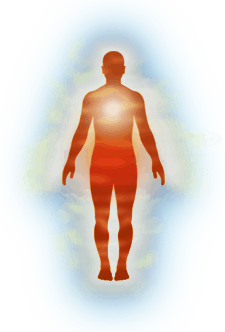
If a person follows these principles, he or she should be able to face and prevent basically any diseases and to maintain permanent good health. And what are these principles?
Among the basic Holistic Health principles we put:
- optimal BMI levels,
- correct way of eating,
- correct hydration of the body,
- optimal pH levels in the body,
- optimal blood state,
- feeling of happiness and contentedness,
- organism cleanliness and its detoxication.
Interconnection of Holistic Health principles
When researching the individual principles, please remember that you should not take each principle separately – their interconnection is very important. An example of the wrong (separated) view could be a book reader who follows a specific diet. This person can have the most ideal diet, he can have the “perfect” weight, but if he is dehydrated and unsatisfied, he will not reach good health.
By focusing only on some of the aspects of human health, you may reach a certain improvement, but you may not reach the feeling of good health. It is important to view the principles as one piece, which we call Holistic Health.
Can I Trust Holistic Health?
We are aware that the holistic approach to health and the mentioned basic principles sometimes contain unusual views on bodily functions, cleansing, and human health. But if you have read this article carefully, you can come to the conclusion that the opinions generally accepted by the entirety of society and the classical consumer life are not always the best choice.
Holistic Health is primarily intended for those who are looking for an alternative source of information in the field of human health. Please remember that we are not trying to convince anyone. We are simply sharing the gained life experience of ourselves and others here together with the results of our existing efforts. We will leave the responsibility for your decision, as well as how you will use the gained knowledge, entirely up to you. We wish you best of luck and success on your road to recovery.




